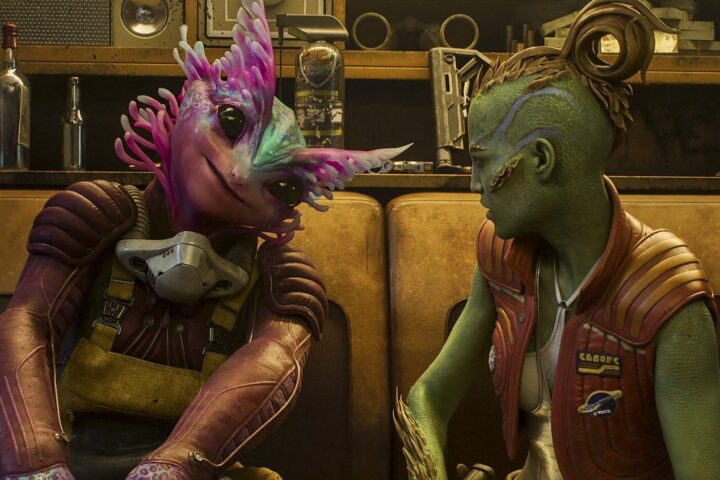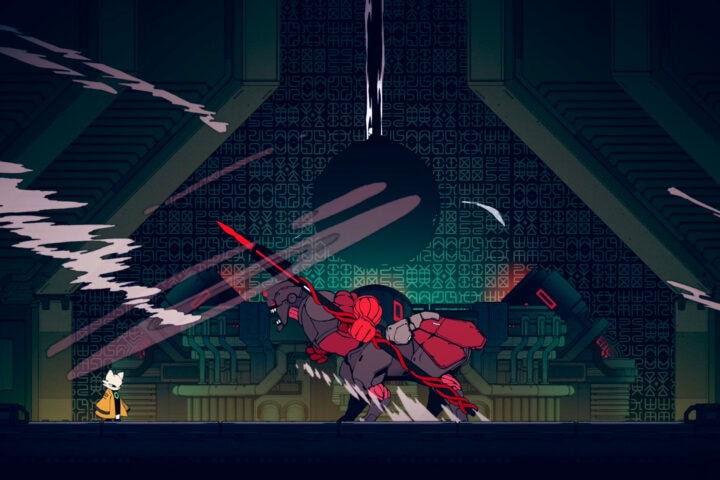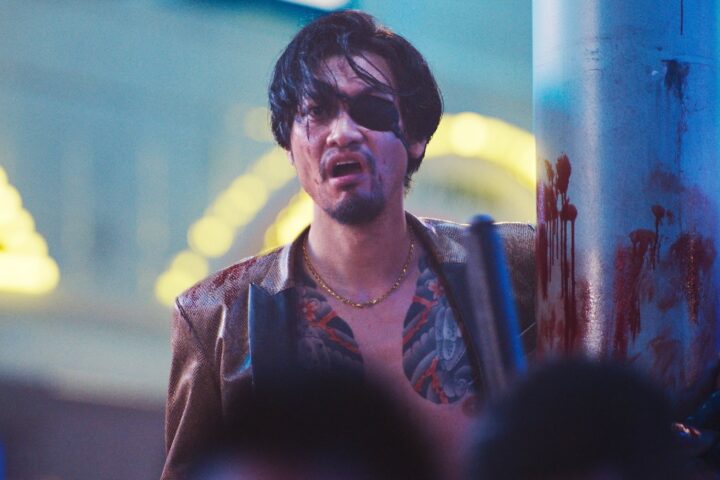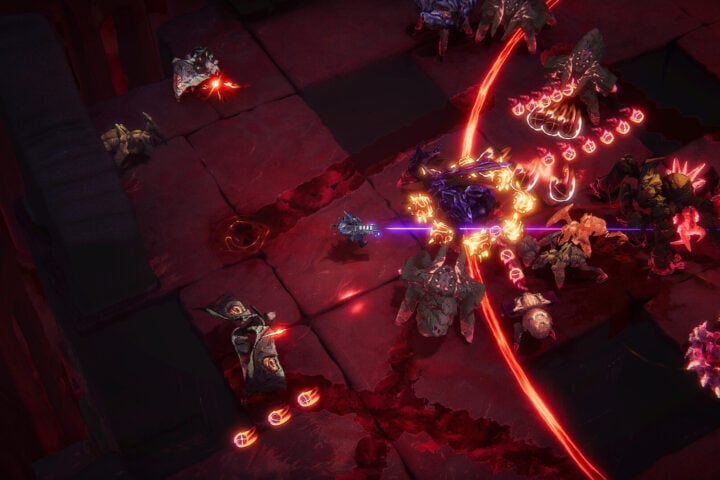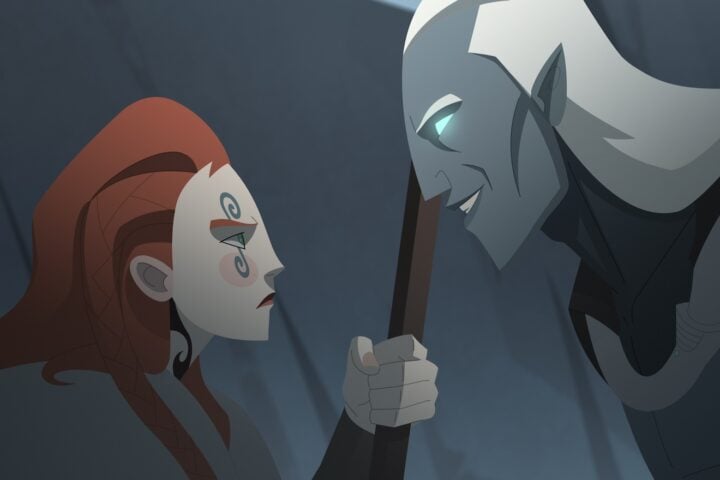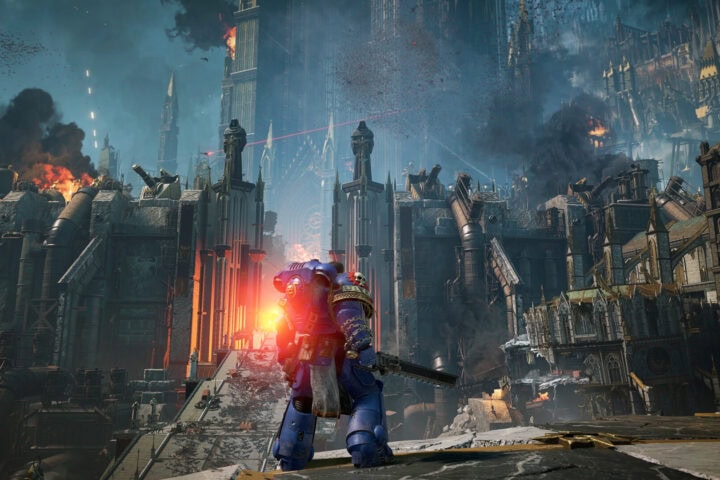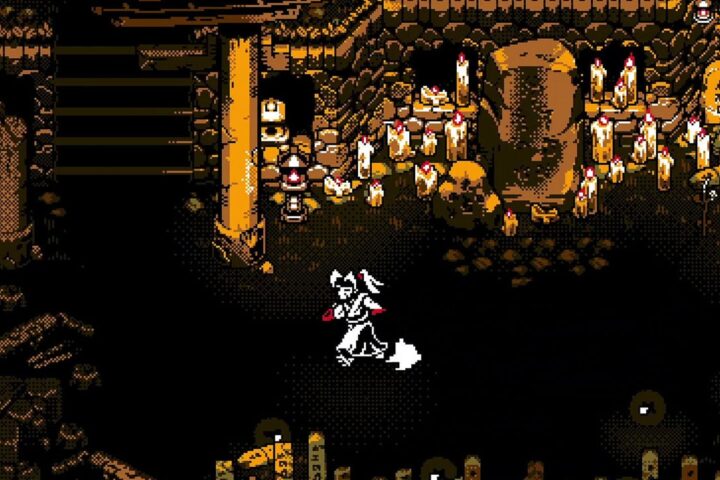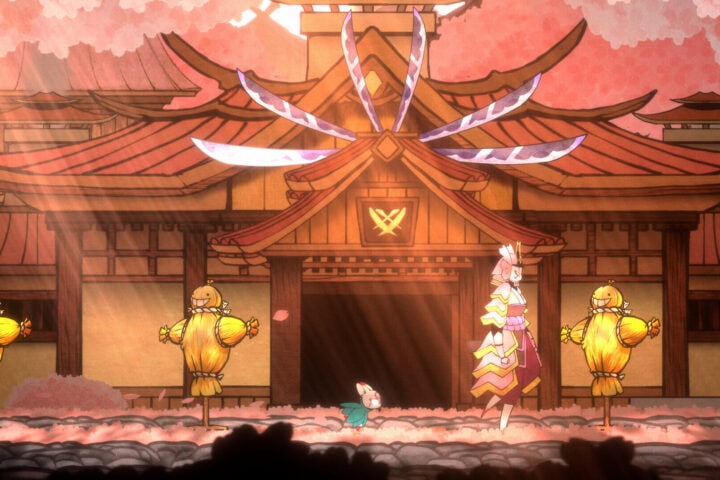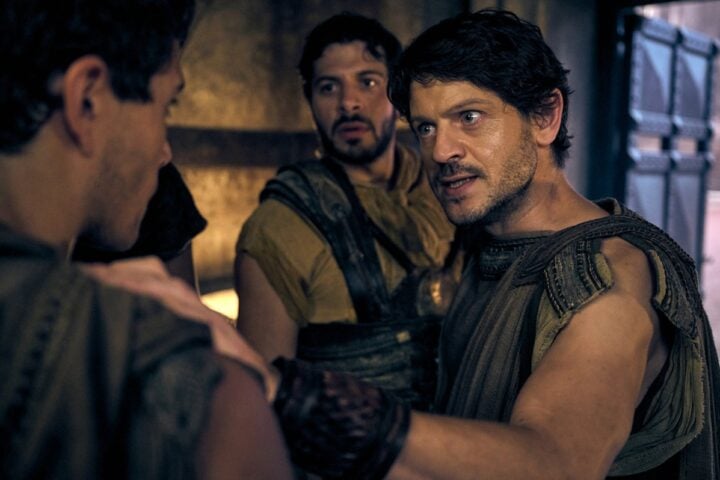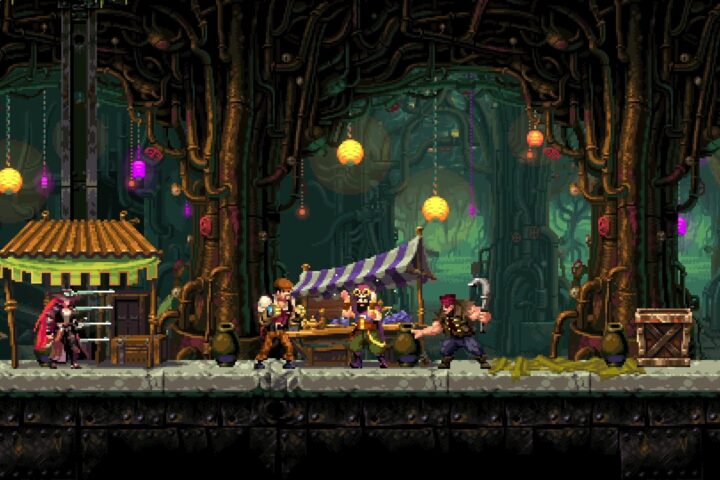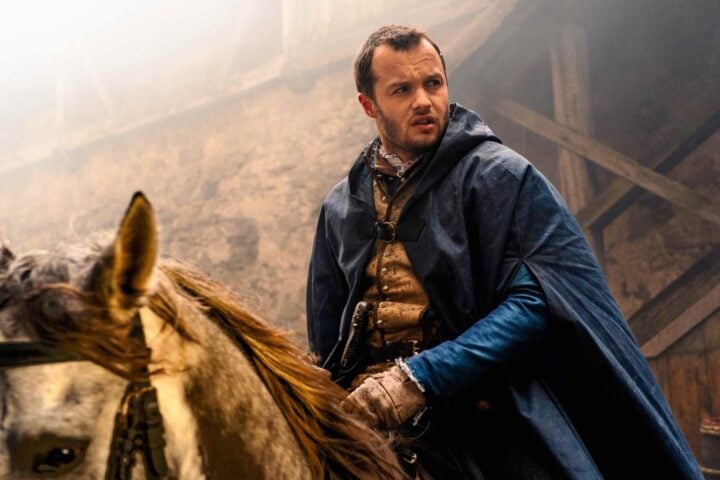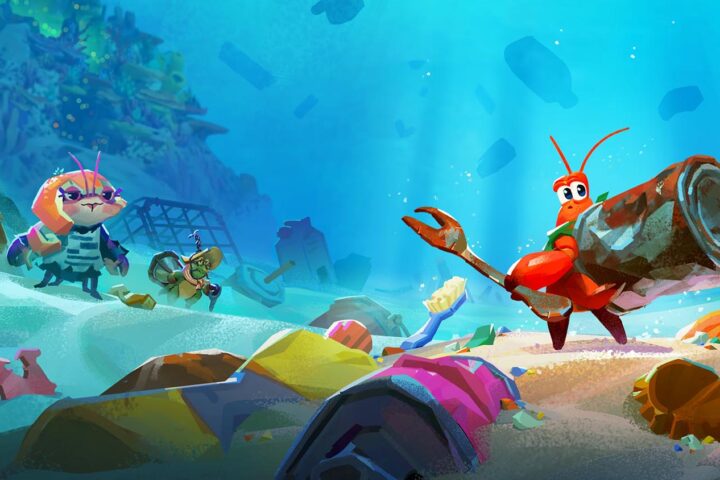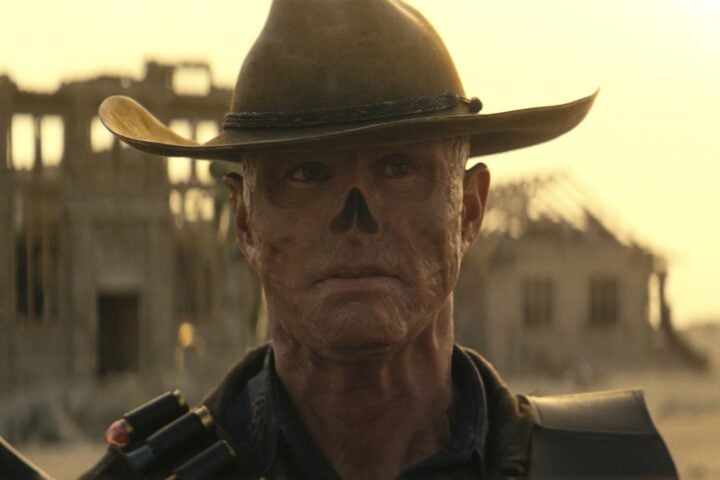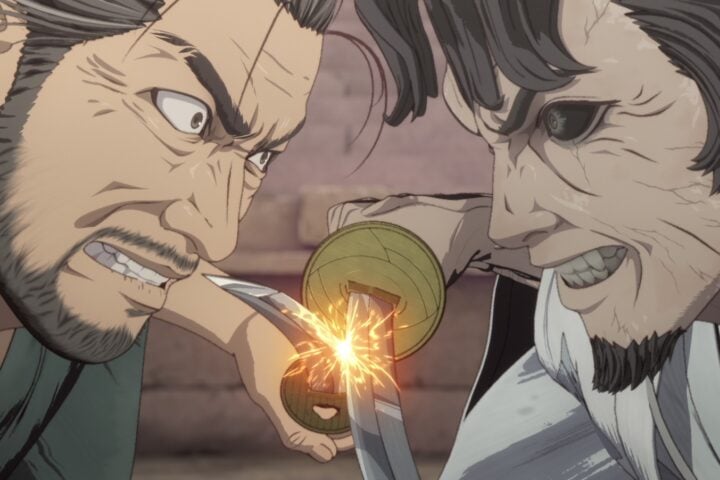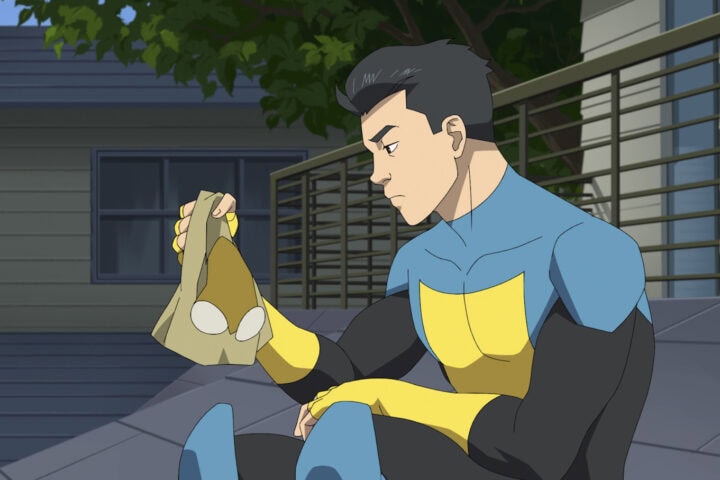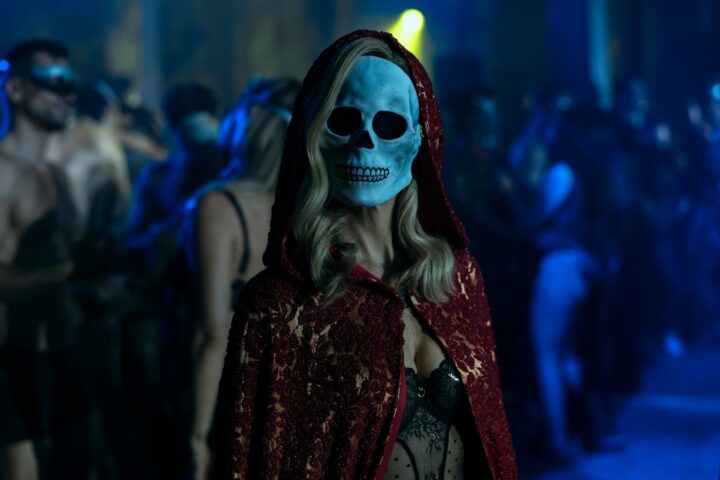The new season packs a bite, but it still feels as if it’s prowling on familiar ground.
The series fails to shake off the cynicism of its commercial function and blinkered politics.
This atmospheric Metroidvania is mechanically, emotionally, and philosophically electrifying.
The series is too staid to capture the idiosyncratic, fiercely political spirit of its source material.
PlaySide Studios’s game is a breathlessly kinetic ride through the abyss.
The animated series evokes the historical and literary contours of Norse mythology.
The game consistently ups its sense of spectacle, all but ripping the dial off the amplifier.
By making its world feel universal—like it could be anywhere—it ends up nowhere at all.
At its most formidable, the series finds remarkable pathos amid its absurdity.
The game’s frustrations dent but don’t fully crack its wondrous sense of atmosphere.
The series achieves striking emotional depth in its study of violence, subjugation, and ambition.
For all its sensory and mechanical delights, it seems intent on snapping you out of the zone.
Despite the intrigue of its nested mysteries, the series barely dips past the surface of its characters’ psyches.
This absorbing, if uneven, action RPG largely threads the needle between cozy and thrilling.
Bodies fly, heads explode, and video game logic reigns triumphant.
The series squanders its initial intrigue with its plodding pace, repetitive structure, and cardboard writing.
Based on Capcom’s video games, Netflix’s animated series mixes action with unexpected emotion.
The show’s second season plays with structure and tone to explore the violence that shapes its characters’ lives.
Mike Flanagan reimagines Poe’s oeuvre as a nimble, tonally capacious collection of fables.
The show’s temporal structure deftly elucidates the devastating legacy of the cult at its center.


